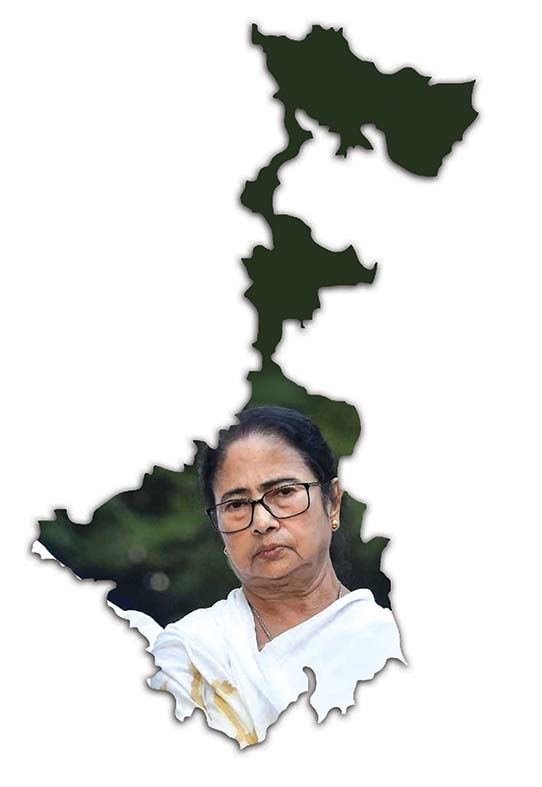State Without Shame
- Correspondent
- Jul 27
- 3 min read
Odisha’s law-and-order collapse is costing its most vulnerable their lives

Odisha’s long-ignored crisis of systemic sexual violence has reached a crescendo with the discovery last week of two Class 10 girls being pregnant in a government-run tribal hostel in the state’s Kandhamal district. The minors were discovered during routine check-ups after they failed to collect sanitary napkins from hostel authorities. The horrifying revelations have almost become a grim pattern with at least a dozen cases of rape, gang rape and attempted murder of women and girls — most of them poor or tribal — coming to light.
This lethal cocktail of institutional collapse, bureaucratic negligence and political cowardice has resulted in hostels run by the SC/ST Development Department emerging as sites of exploitation and trauma. The ruling BJP seems to be foundering on the issue of law and justice instead of getting its act together.
If governance is measured by how a state protects its weakest, then Odisha has failed spectacularly.
In Jagatsinghpur, a 15-year-old girl, five months pregnant, was allegedly raped repeatedly by two brothers, who then attempted to bury her alive to hide the crime. In Puri’s Nimapada block, another girl was set ablaze and had to be airlifted to AIIMS, Delhi. In Balasore, a college student died by self-immolation after her sexual harassment complaint was dismissed. In Berhampur, assailants tried to murder a 20-year-old woman after a failed rape attempt. In Malkangiri, a girl kidnapped by three men managed to escape — only to be raped again by a truck driver she met on the road.
What these horrors point to is a state in freefall. Odisha’s transition from the BJD’s 24-year-long regime to BJP rule was supposed to mark a break with opacity and political lethargy. Instead, the new government has appeared paralysed. While the BJD scrambles to claw back relevance by staging protests and demanding action, the Majhi government has responded with bureaucratic platitudes. No heads have rolled as survivors continue to suffer in silence.
Nowhere is this more evident than in the treatment of tribal girls. That such crimes could occur in government hostels that are supposedly safe zones points to a collapse of all protective mechanisms. Where were the hostel wardens? Why were routine inspections not conducted? Why were the grievance redressal mechanisms so ineffective? The state government has proposed systemic reform and surprise inspections now, after the damage has been done.
Chief Minister Mohan Charan Majhi, who came to power on a plank of transparency, tribal upliftment and law enforcement reform now finds his government engulfed in a full-blown crisis. Odisha’s disturbing cascade of sexual crimes are not occurring in remote jungle clearings or far-flung tribal belts, but in state-controlled institutions and residential schools.
The rot runs deeper than any single government. The BJD, which ruled Odisha for over two decades, left behind a hollowed-out bureaucracy, riddled with nepotism and indifferent to public service. Many of the systems including the tribal hostel framework, school inspections, and police oversight were structurally weakened on its watch. But that history cannot be a shield for the current administration’s inertia.
The BJP must realise that it cannot run Odisha with the same formula it uses elsewhere — cultural symbolism, rhetorical nationalism and welfare schemes borrowed from the Centre. Odisha’s problems are messier. The state is home to some of India’s most vulnerable tribal populations that requires careful governance. If Majhi wants to distinguish himself from his predecessor, he must act not as a party man, but as a leader entrusted with the lives of those who have the least.
The first step is accountability. Hostels must be audited independently. Wardens who failed to protect children must be suspended. Fast-track courts should be instituted for sexual crimes involving minors. Above all, the government must communicate clearly and consistently: to survivors, to families, and to the public.
Odisha cannot afford another cycle of outrage and amnesia. The safety of women and girls is not an opposition issue or a ruling party talking point but the bedrock of civilised governance.




Comentarios